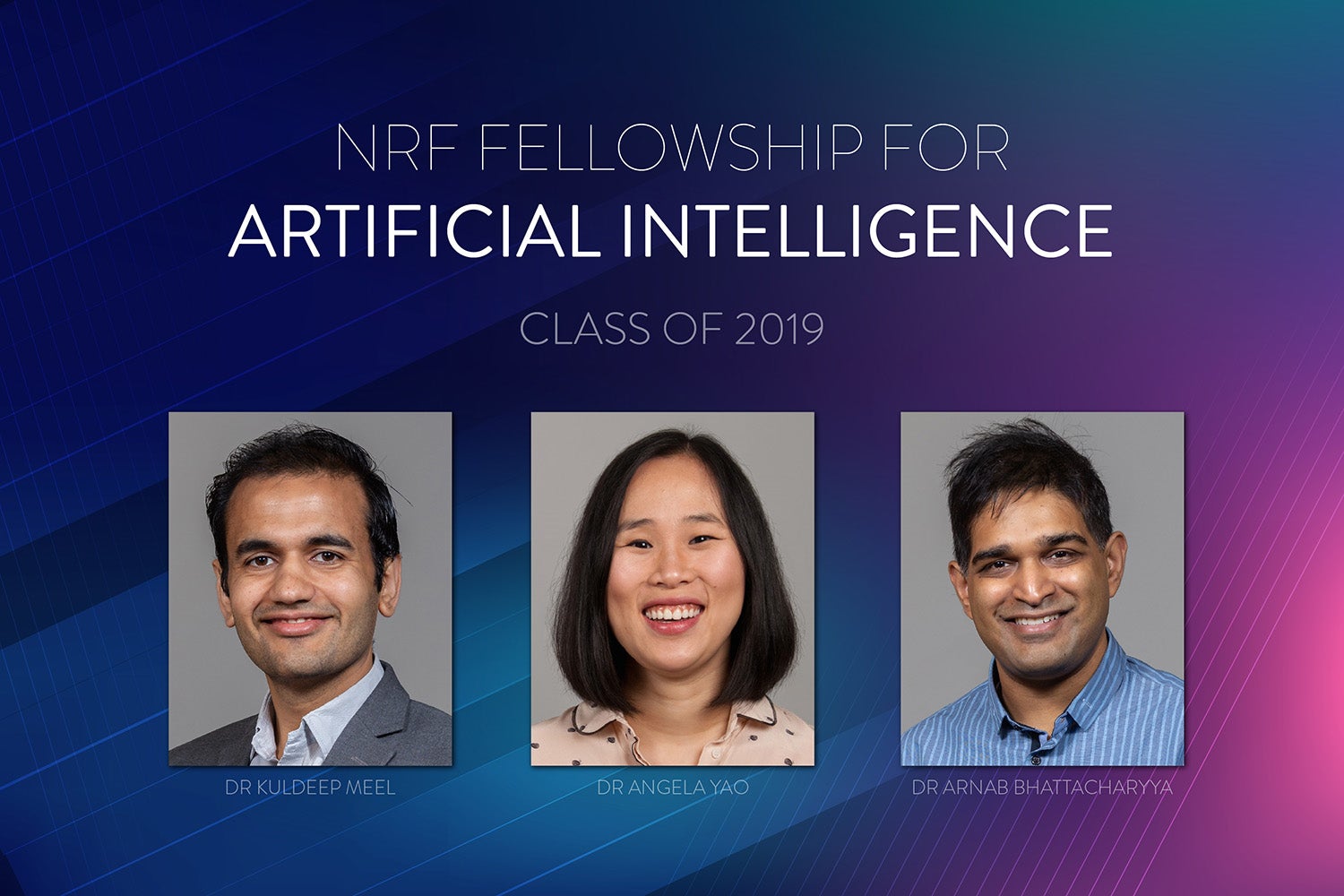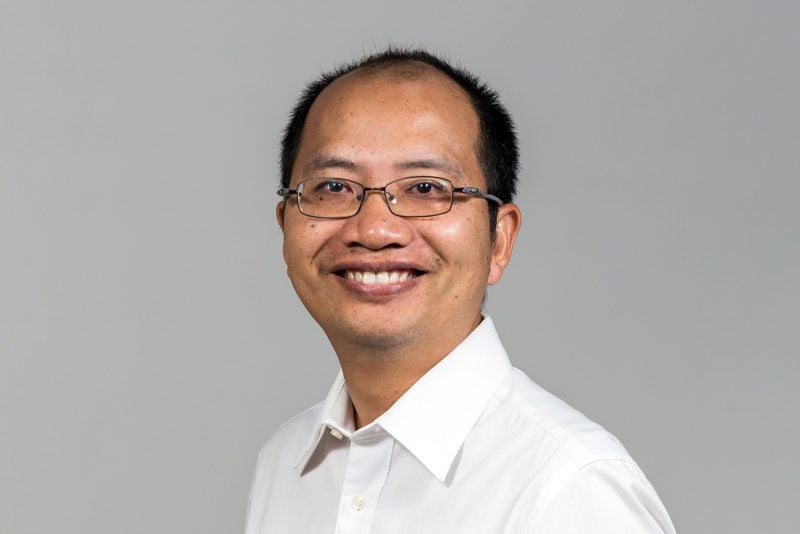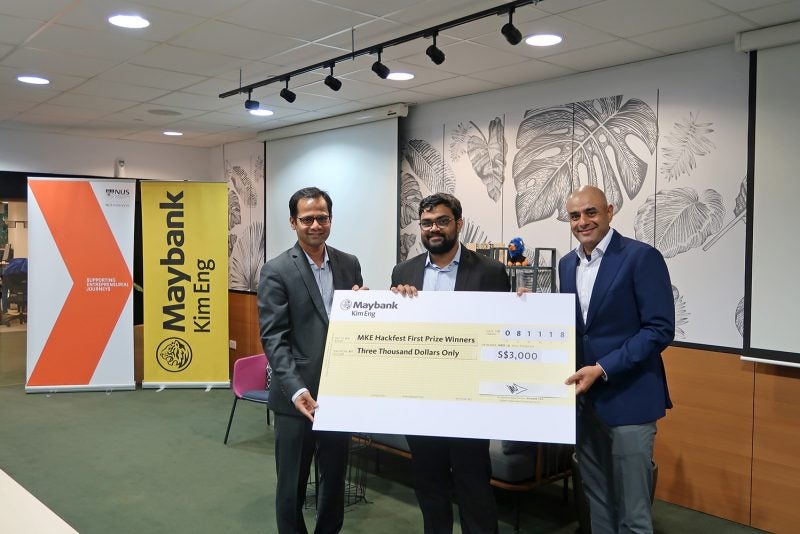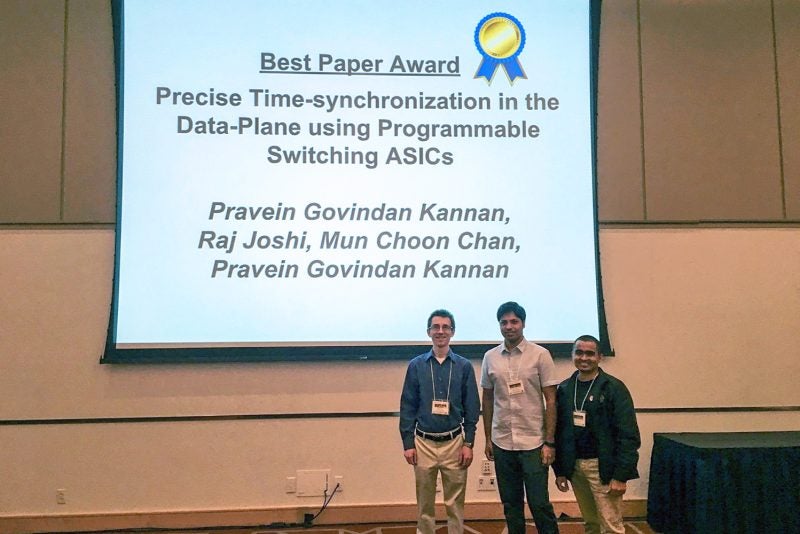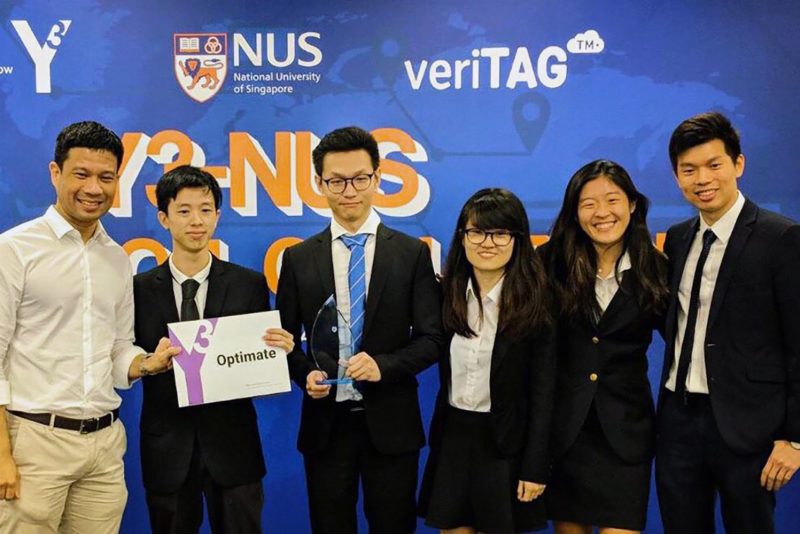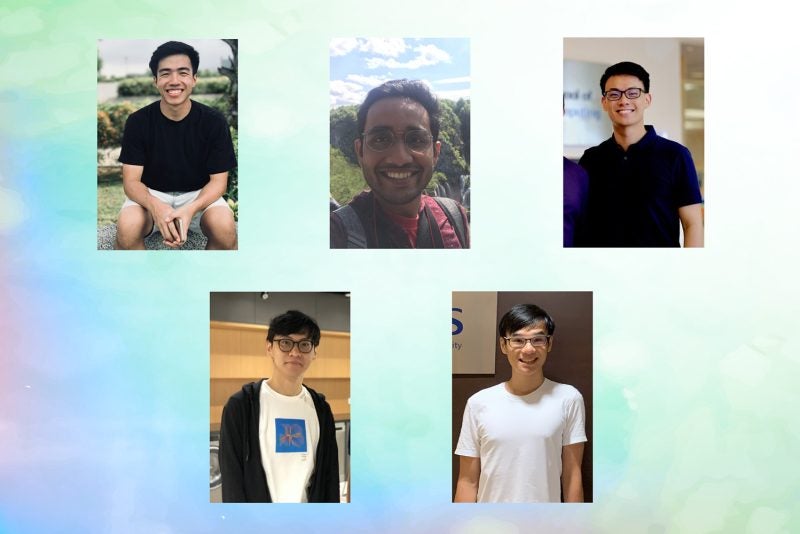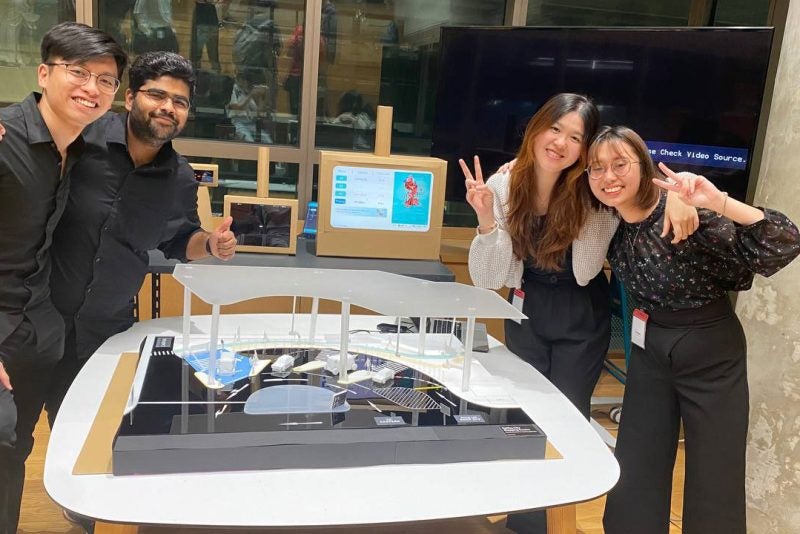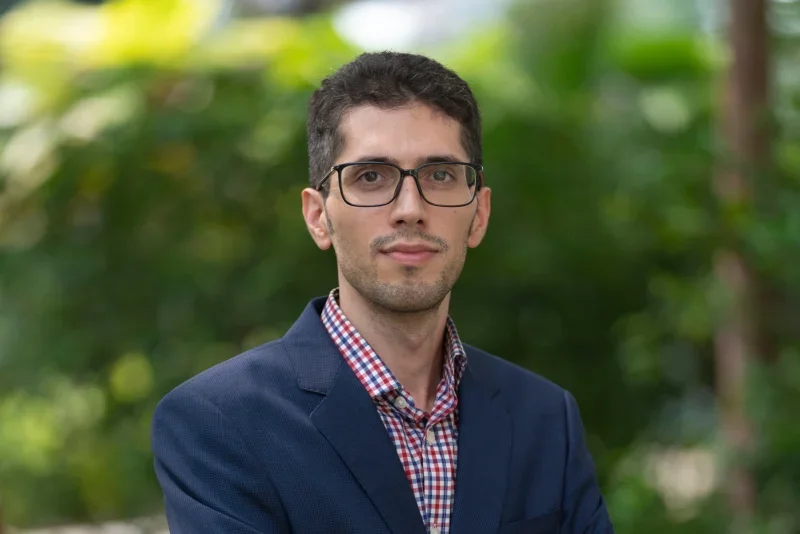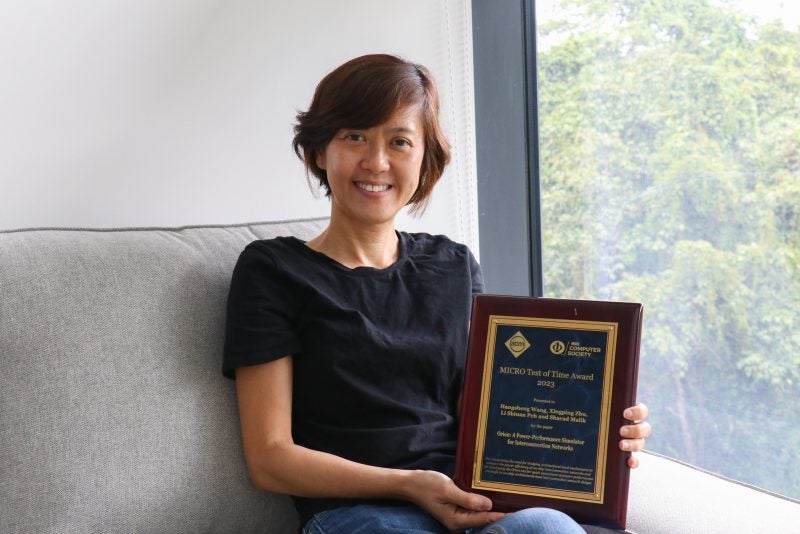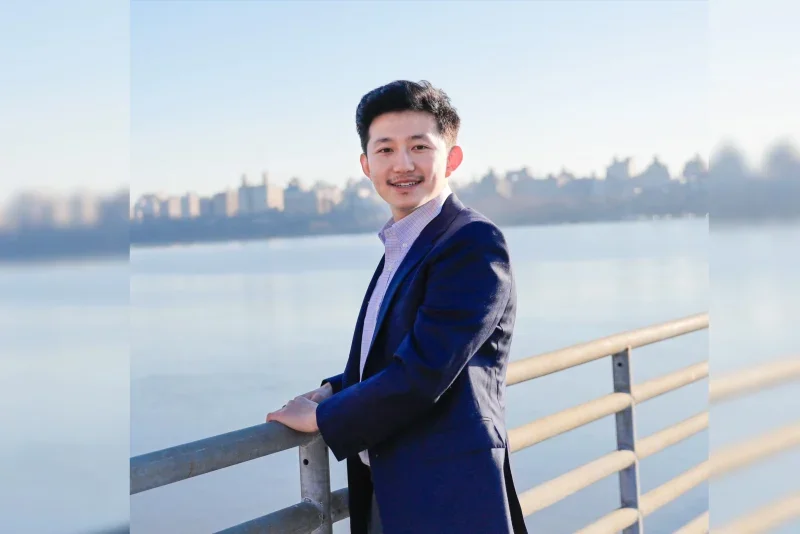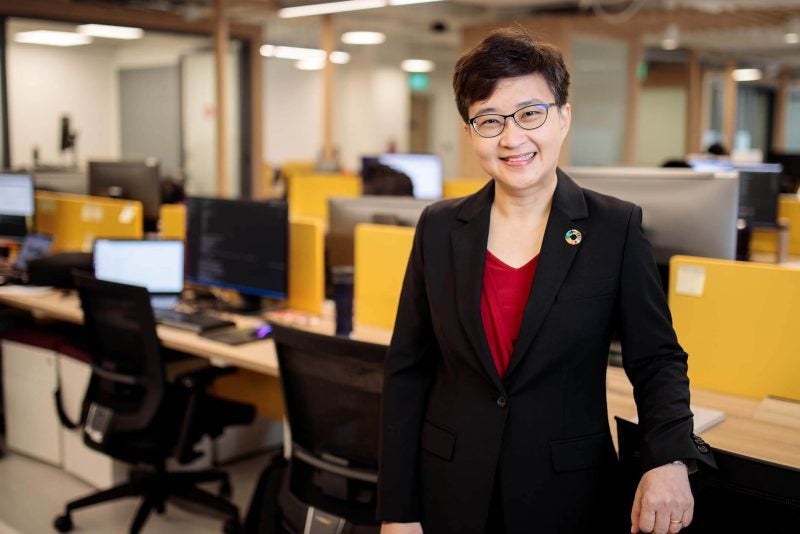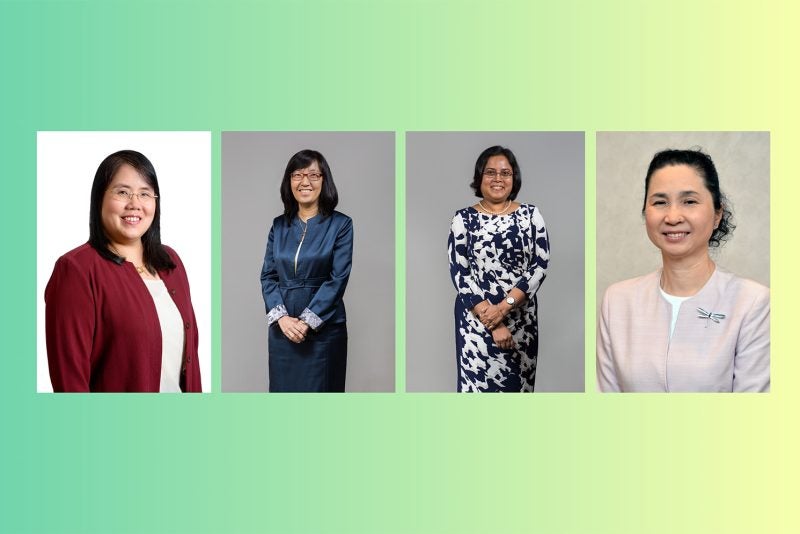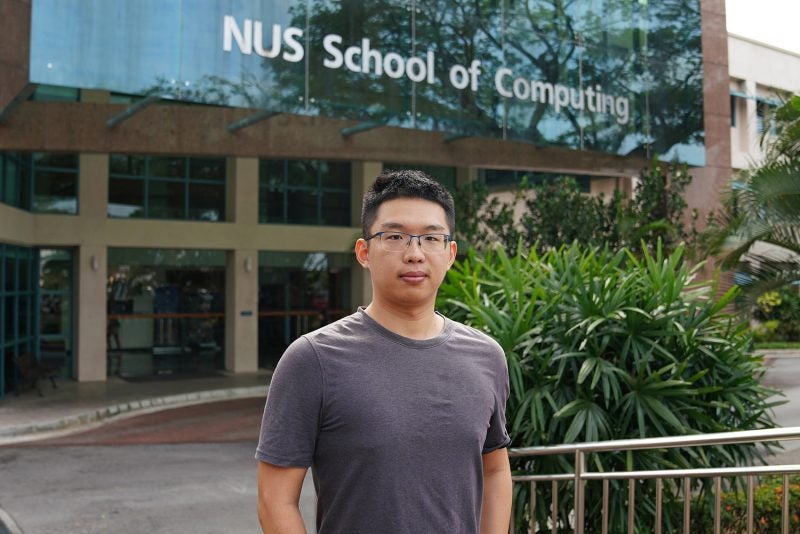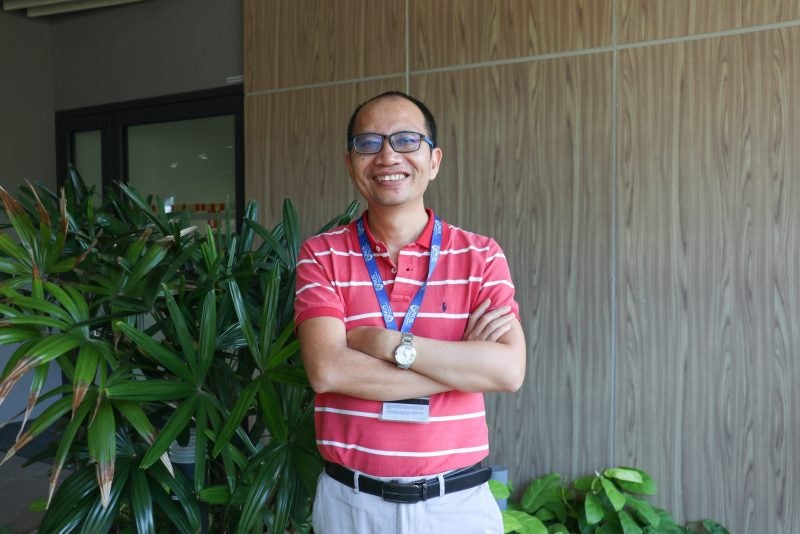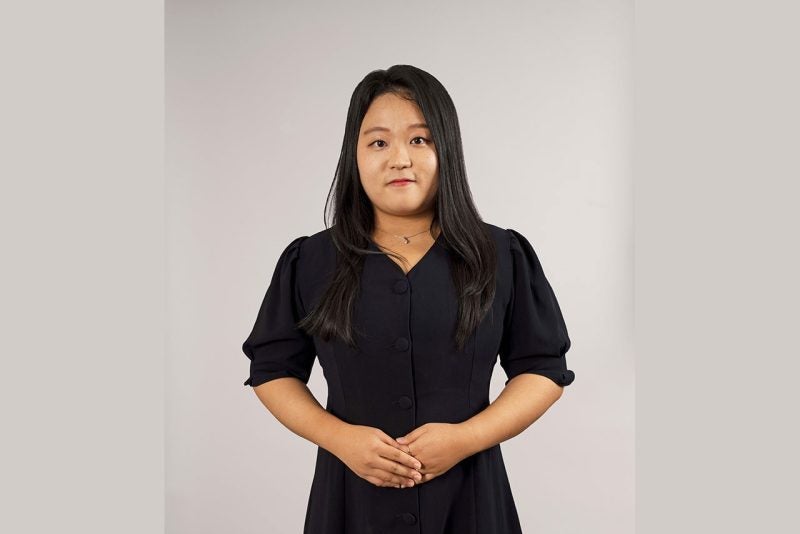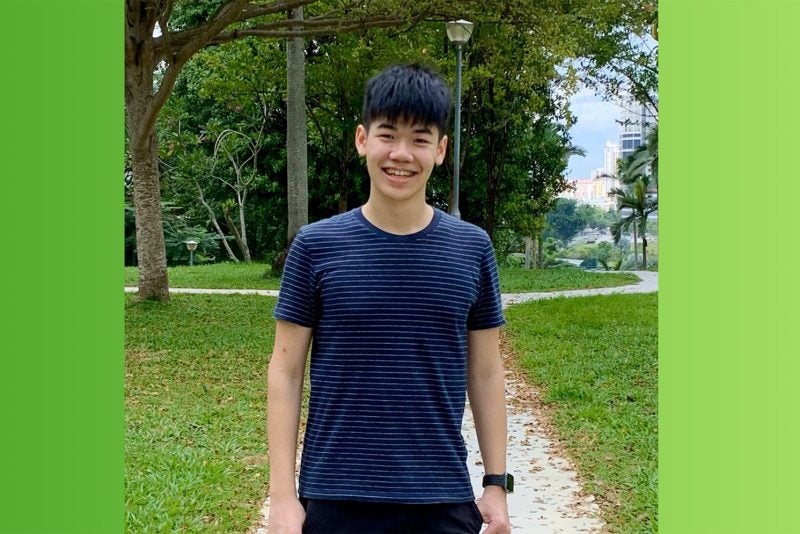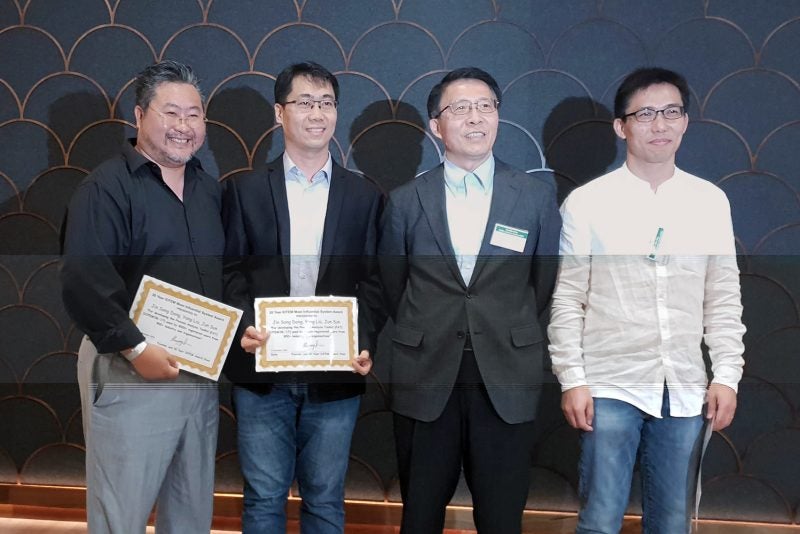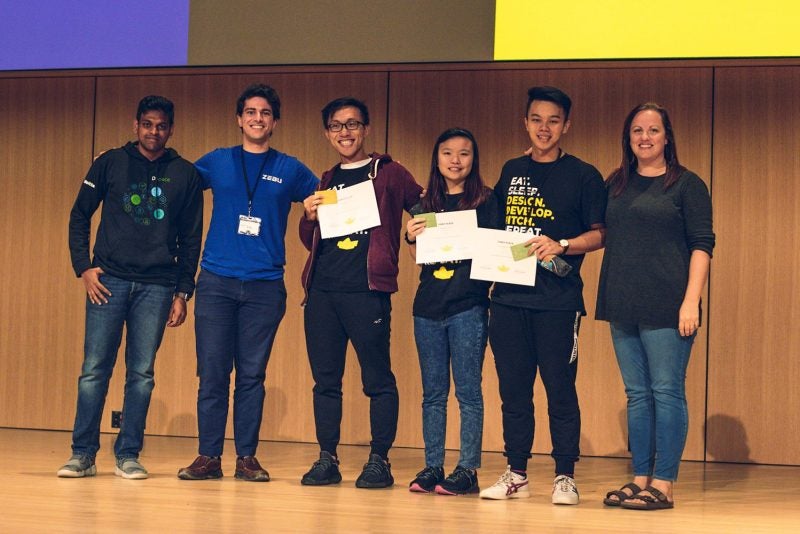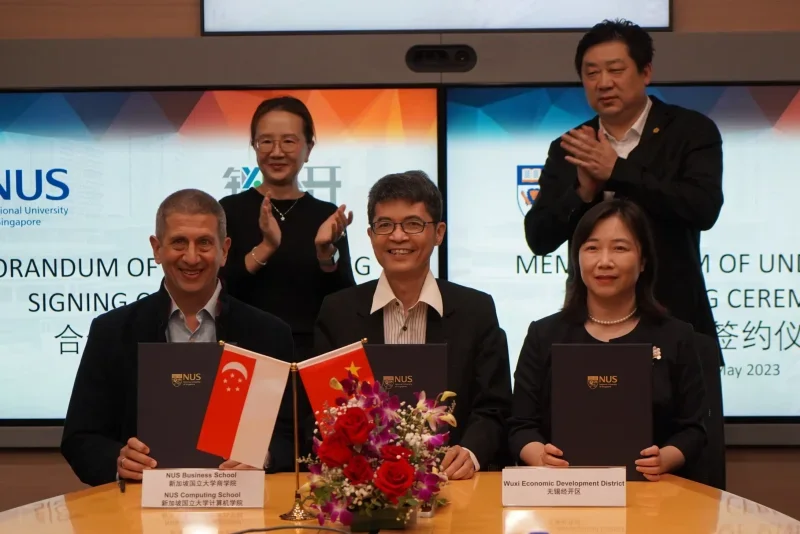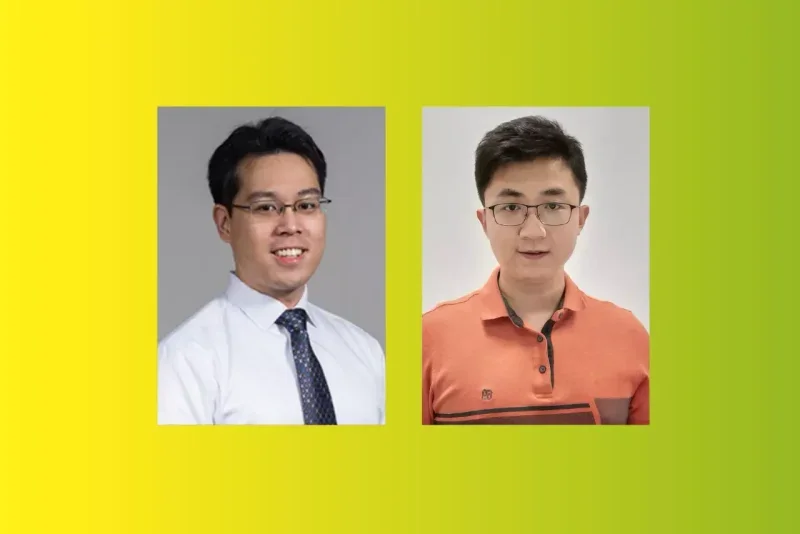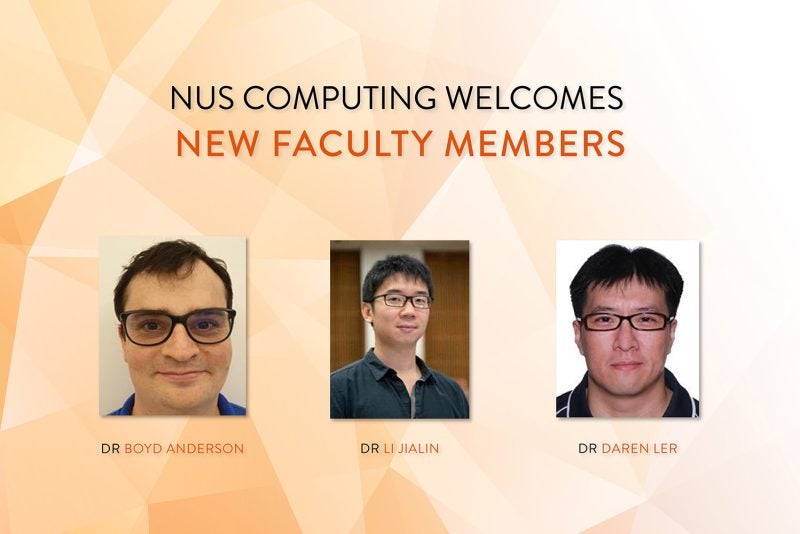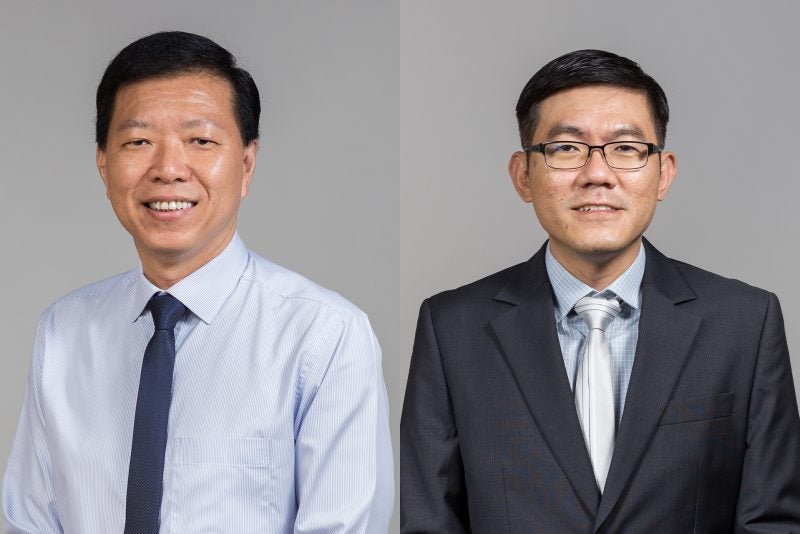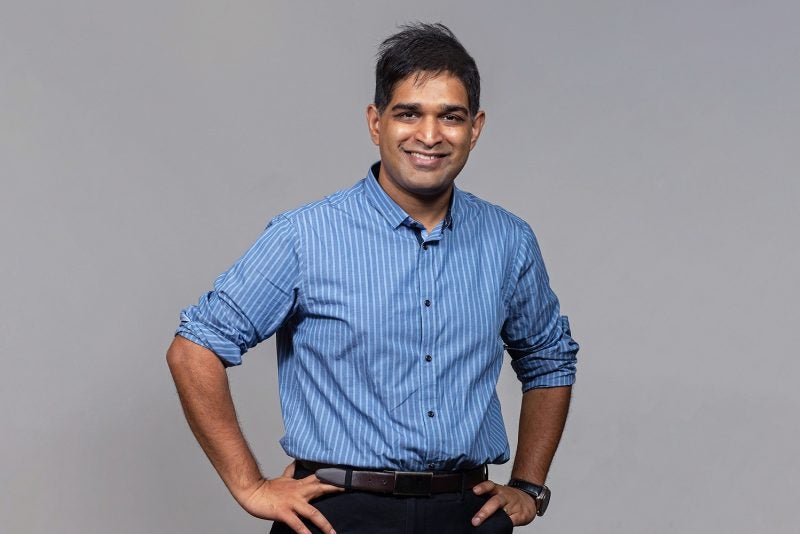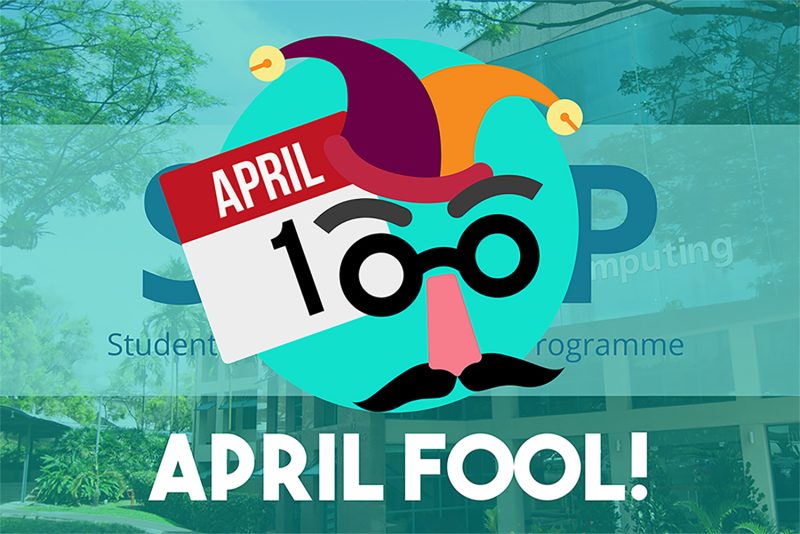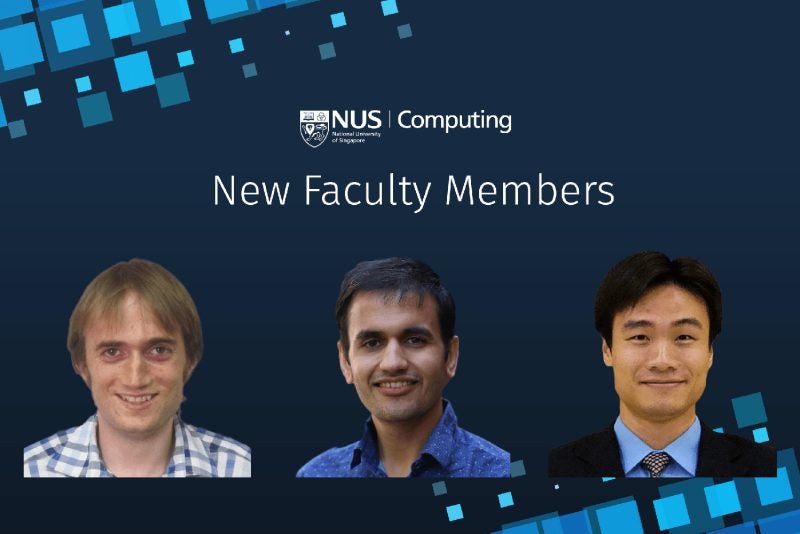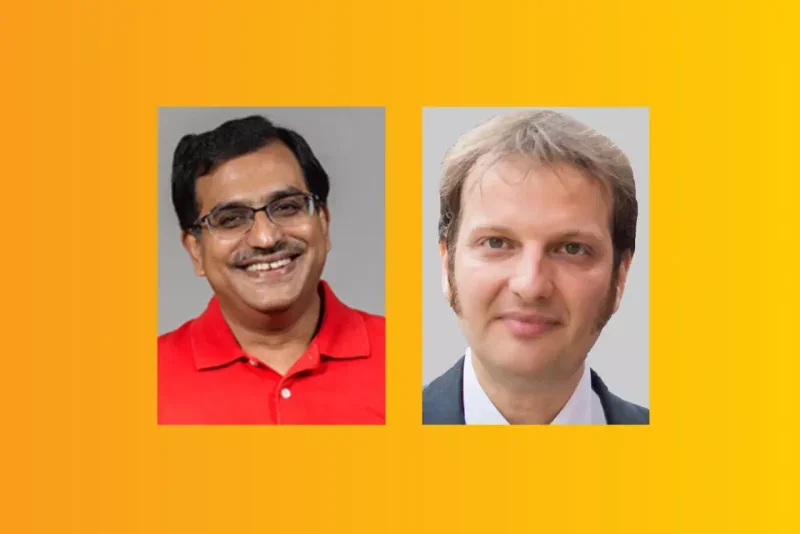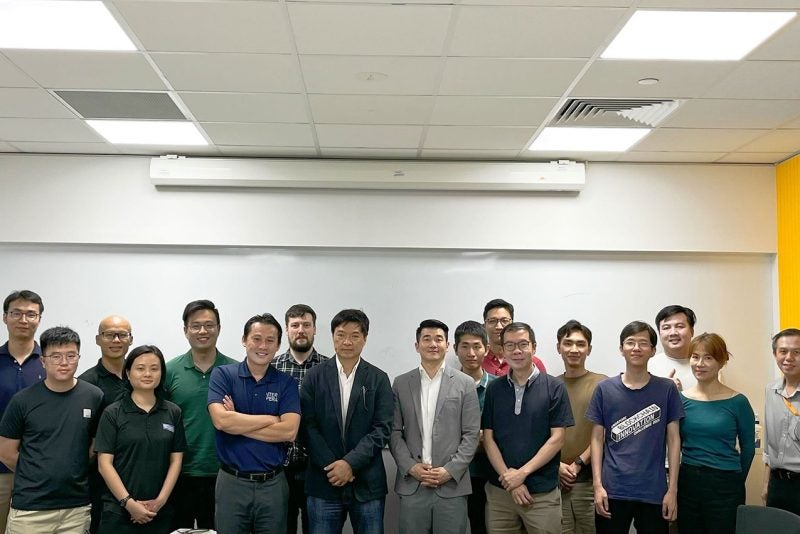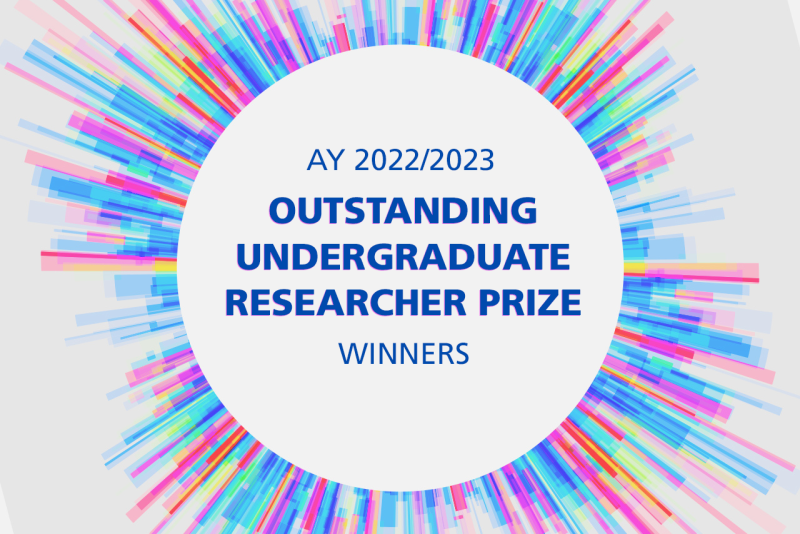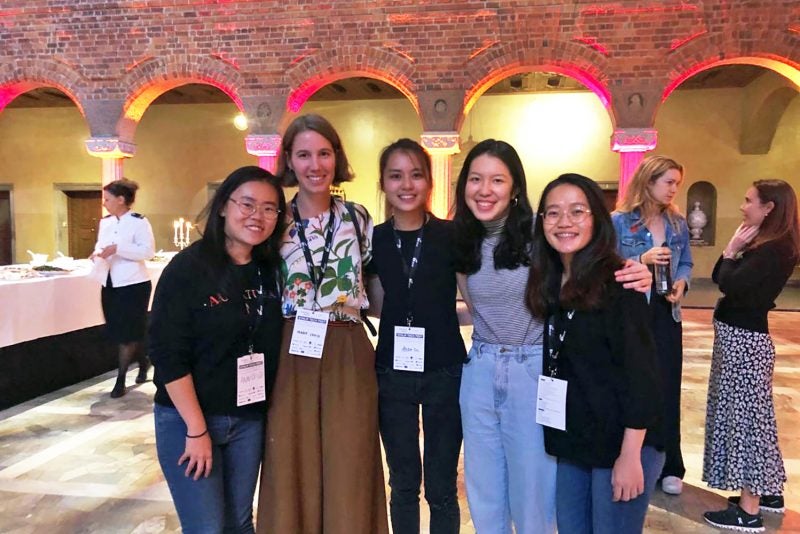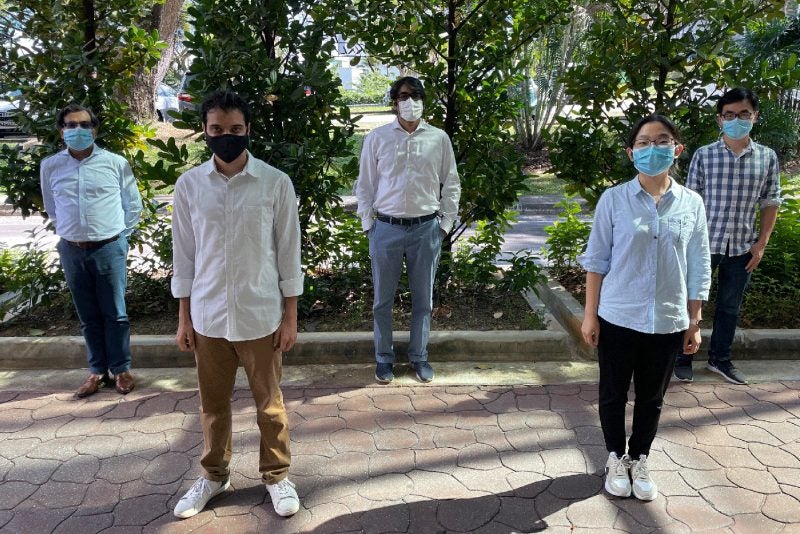11 June 2019 – NUS Computing Assistant Professors Dr Arnab Bhattacharyya, Dr Angela Yao, and Dr Kuldeep Meel received the National Research Foundation (NRF) Fellowship for Artificial Intelligence (AI) on 13 May 2019.
The fellowship is given to outstanding young researchers to lead impactful and independent AI research in Singapore. Fellows will receive a five-year research grant of up to S$3 million to fund their studies.
Incorporating Causal Inference into AI
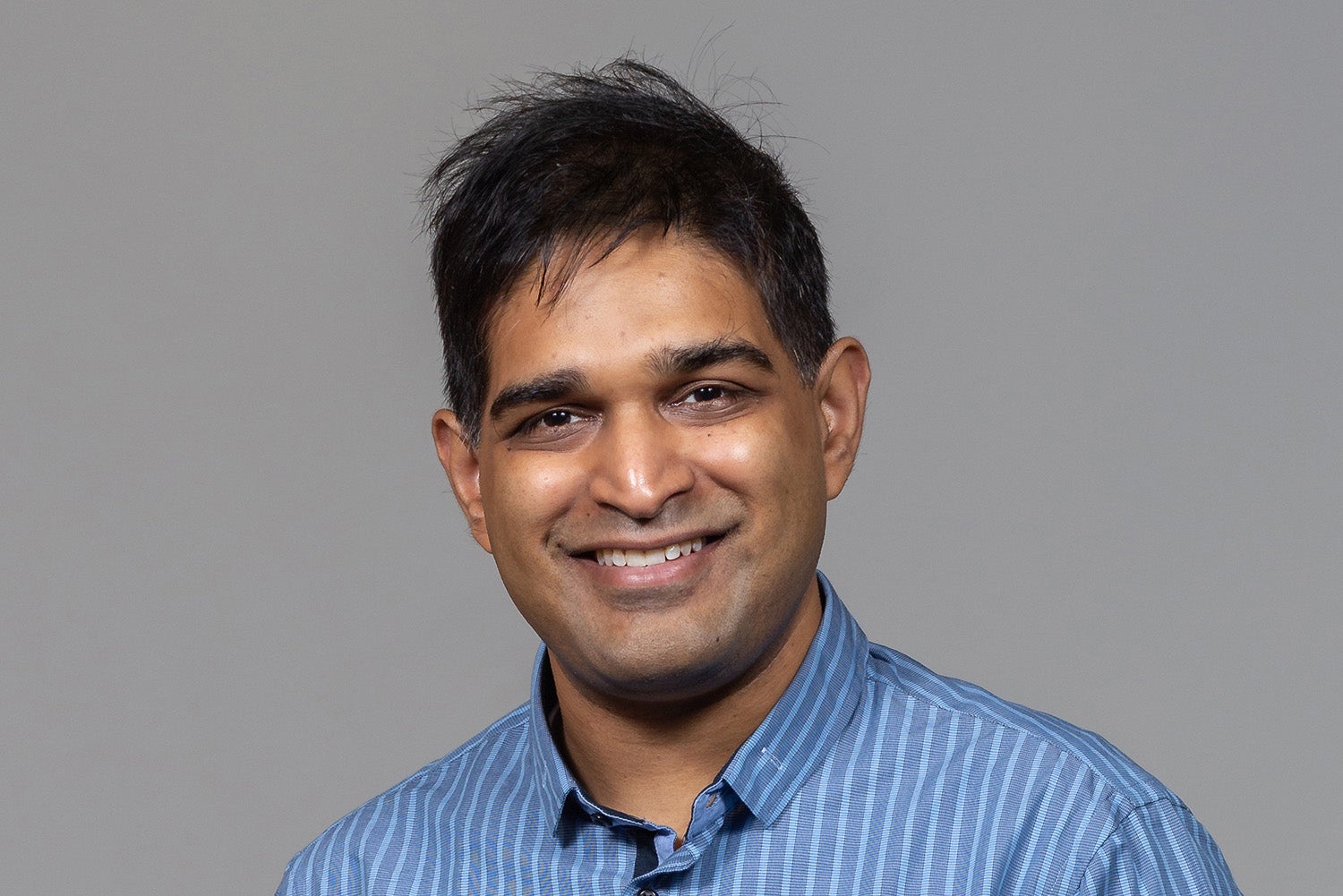
Dr Arnab Bhattacharyya received the NRF Fellowship for his proposal to develop efficient algorithms for causal inference. In data analytics, causal inference refers to the process of inferring the cause of an action, event, or effect. Dr Bhattacharyya and his research group will study the mathematical foundations of algorithmic causal inference and apply these insights into AI and other domains like economics and biology.
“Machine learning is routinely used not only to classify data but to also assist in policy making and policy predictions,” said Dr Bhattacharyya. “This can be a dangerous task, as correlations in data do not necessarily indicate that there is causation.”
To solve this problem, Dr Bhattacharyya and his team aim to find a way of incorporating causal inference to machine learning. “Causal modelling is an essential component of human intelligence – we use it routinely to make predictions about our world. Yet it is a core problem for AI systems,” Dr Bhattacharyya explained. “We aim to develop a framework that is able to automatically build large causal models through feature extraction, experimentation, and inference, and then apply it to problems in economics, biology, and medicine.”
Dr Bhattacharyya joined NUS Computing as a faculty member on 5 September 2018. Prior to joining the Department of Computer Science, Dr Bhattacharyya was an Assistant Professor with the Department of Computer Science and Automation at the Indian Institute of Science. His research interests include algorithms for big data, probability, statistics, property testing, complexity theory, and interaction between computation and physical systems.
Tackling key problems in computer vision
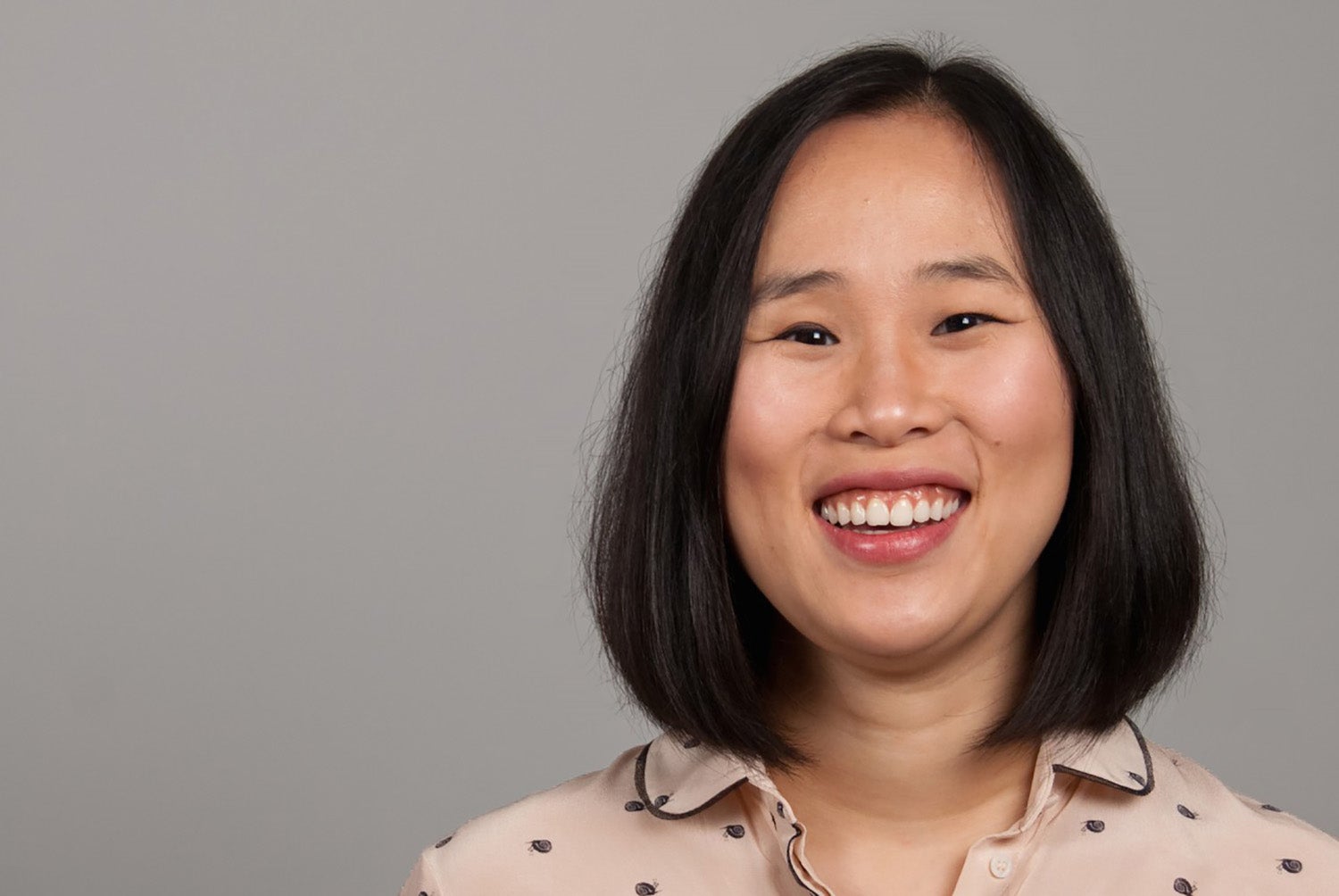
With the NRF Fellowship grant, Dr Angela Yao will be conducting cutting edge research in artificial visual intelligence. Through this proposed study, Dr Yao and her team aim to analyse and develop new efficient algorithms for video analysis and explore methods for learning from large-scale video data.
“Video is the next frontier in artificial visual intelligence,” said Dr Yao. “There is now an unprecedented amount of video data coming from CCTVs, Internet video platforms, robotics, and more. However, most computer vision algorithms treat video as a collection of image frames and current algorithms are unable to analyse and predict all of these data. The challenge right now is to develop new AI models that are efficient, flexible, and powerful.”
Dr Yao believes that results from her study would help inform the progress of many high impact applications such as autonomous vehicles, home assistance robotics, surveillance, content-based video indexing, and more. “In all these systems, enormous amounts of video data needs to be processed. We hope to develop efficient and intelligent video understanding algorithms for these tasks.”
Dr Yao was appointed as an Assistant Professor in the Department of Computer Science on 1 October 2018. Prior to joining the Department, Dr Yao was an Assistant Professor at the University of Bonn, Germany. Her research interests include human and hand pose estimation, action recognition, gesture recognition, random forests, interacting particle systems, deep learning, semi-supervised and unsupervised learning algorithms.
Bridging theory and practice in AI
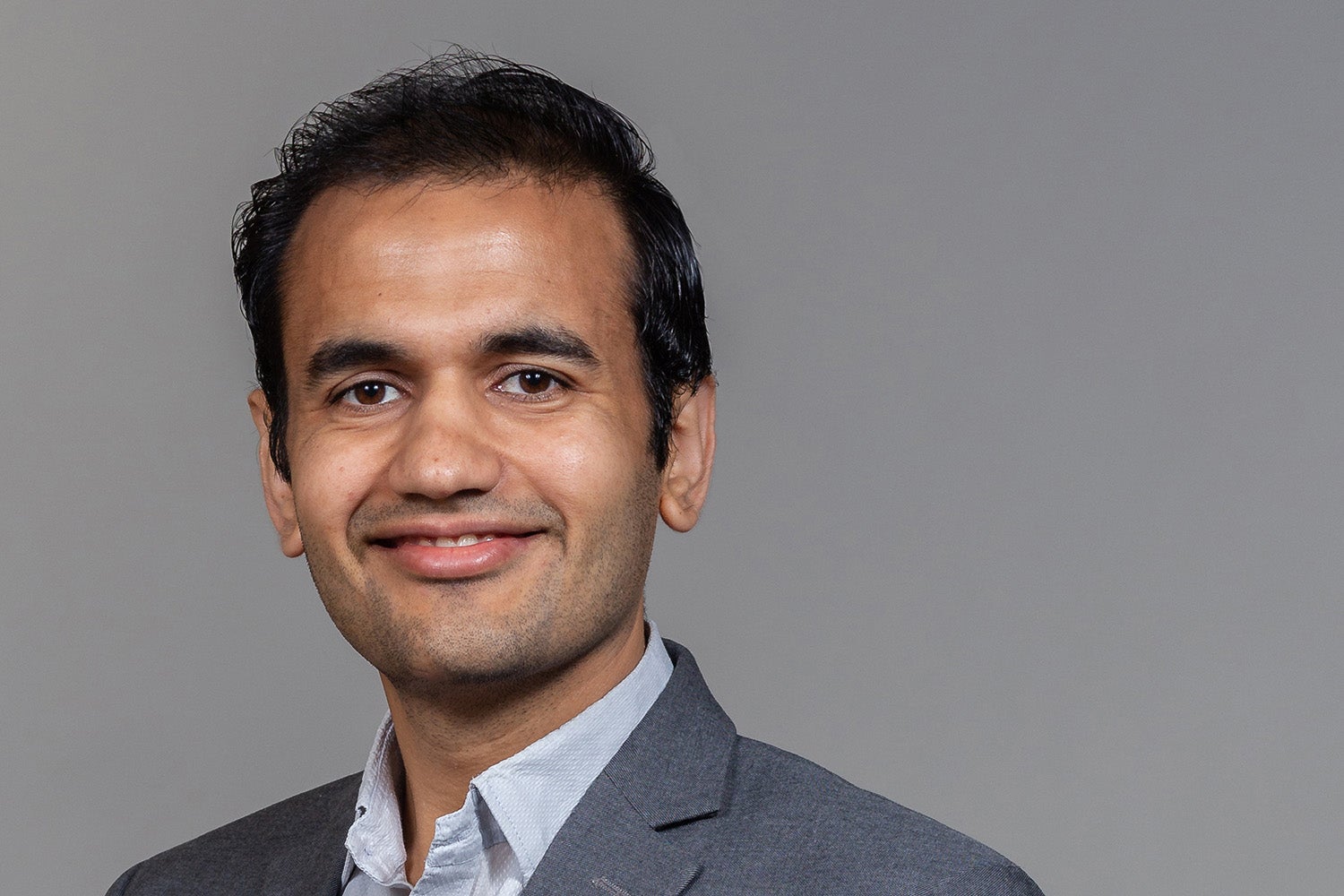
Dr Kuldeep Meel will be using the fellowship’s funding to study provably verified and explainable probabilistic reasoning. “My research is motivated by a paradox in AI systems,” said Dr Meel. “The paradox is this: while cutting edge AI systems can now achieve human-level accuracy in their predictions, these same systems can easily fall prey to the simplest of adversarial attacks, unlike humans.”
To solve this paradoxical issue, Dr Meel and his research group will be studying AI systems in three dimensions: designing formally correct AI systems, verification of AI systems, and explaining decisions made by these systems. “Today’s AI systems have achieved significant progress similar to those achieved by software and hardware in the past. However, that is also when incorrect behaviour of computers could lead to catastrophic impact on society. Hence, all these goals we aim to achieve can significantly impact the safe adoption of AI,” Dr Meel added.
The team’s research will focus on the intersection between theory and practice. In particular, the group aims to develop a mathematical framework that addresses real-world problems in AI.
“Over the past year and a half since I joined NUS Computing, I have been fortunate enough to receive strong funding support from NUS, AI Singapore, and DSO National Laboratories, along with the support of an excellent pool of students at NUS. Receiving this fellowship validates my belief that Singapore strongly supports young researchers and fundamental research,” said Dr Meel.
Dr Meel joined NUS Computing’s Department of Computer Science on 26 December 2017. His research is centred on the design of computational techniques for constrained sampling and counting, scalable and accurate probabilistic research with applications to diverse domains such as power grid resilience, hardware and software verification.
About the NRF
The National Research Foundation, under the Prime Minister’s Office, was set up in 2006 to set the national direction for research and development (R&D). The Foundation develops policies, plans and strategies for research, innovation and enterprise, as well as funds strategic initiatives and nurture research talent. The NRF aims to transform Singapore into a vibrant R&D hub for the development of a knowledge-intensive, innovative and entrepreneurial economy.
Media mention:
NUS News, 9 September 2019

